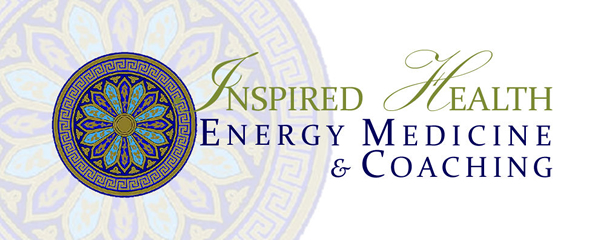Mindfulness can improve physical and mental health. It may:
– help with Depression
Mindfulness Concepts
Mindfulness Exercises
*R.A.I.N. – In the mindfulness circles the acronym R.A.I.N has floated around to support people in dealing with difficult emotions.
“R” is to recognize when a strong emotion is present.
“A” is to allow or acknowledge that it is indeed there.
“I” is to investigate and bring self-inquiry to the body, feelings, and mind, and
“N” is to non-identify with what’s there.
This non-identification is very useful in that it helps to deflate the story and cultivates wise understanding in the recognition that the emotion is just another passing mind state and not a definition of who you are. Just like seeing a movie, standing back and watching the actors play out their dramas, by non-identifying with your story and seeing it as impermanent, this will help assist in loosening your own tight grip of identification. Utilizing R.A.I. N. as a practice can help you bring space to be with things as they are and grow in deeper understanding of what drives, underlies or fuels our fears, anger, and sadness.
Turning into our emotions can feel a bit foreign since most of us live in such a pain denying culture. Isn’t it time to begin acknowledging stress, anxiety or pain rather than suppressing, repressing, or all-too-quickly medicating it? Can we learn to view these challenges as a rite of passage instead of running away from them?
**S.T.O.P. – Once in a while we have to just literally Stopin our tracks and consider the moment we are in. Clearly see the situation and dissect it to diminish its power over you.
S – Stop what you are doing, put things down for a minute.
T – Take a breath. Breathe normally and naturally and follow your breath coming in and of your nose. You can even say to yourself “in” as you’re breathing in and “out” as you’re breathing out if that helps with concentration.
O – Observe your thoughts, feelings, and emotions. You can reflect about what is on your mind and also notice that thoughts are not facts and they are not permanent. If the thought arises that you are inadequate, just notice the thought, let it be, and continue on. Notice any emotions that are there and just name them. Recent research out of UCLA says that just naming your emotions can have a calming effect. Then notice your body. Are you standing or sitting? How is your posture? Any aches and pains.
P – Proceed with something that will support you in the moment. Whether that is talking to a friend or just rubbing your shoulders.
Observe the above information consistently and you will soon come to realize that by practicing Mindfulness everyday your life will become easier, lighter and more fun. You will develop more tolerance as the “little” things will no longer bother you, you will become kinder towards yourself and others and also notice the beauty that lies around you and become more joyful.


